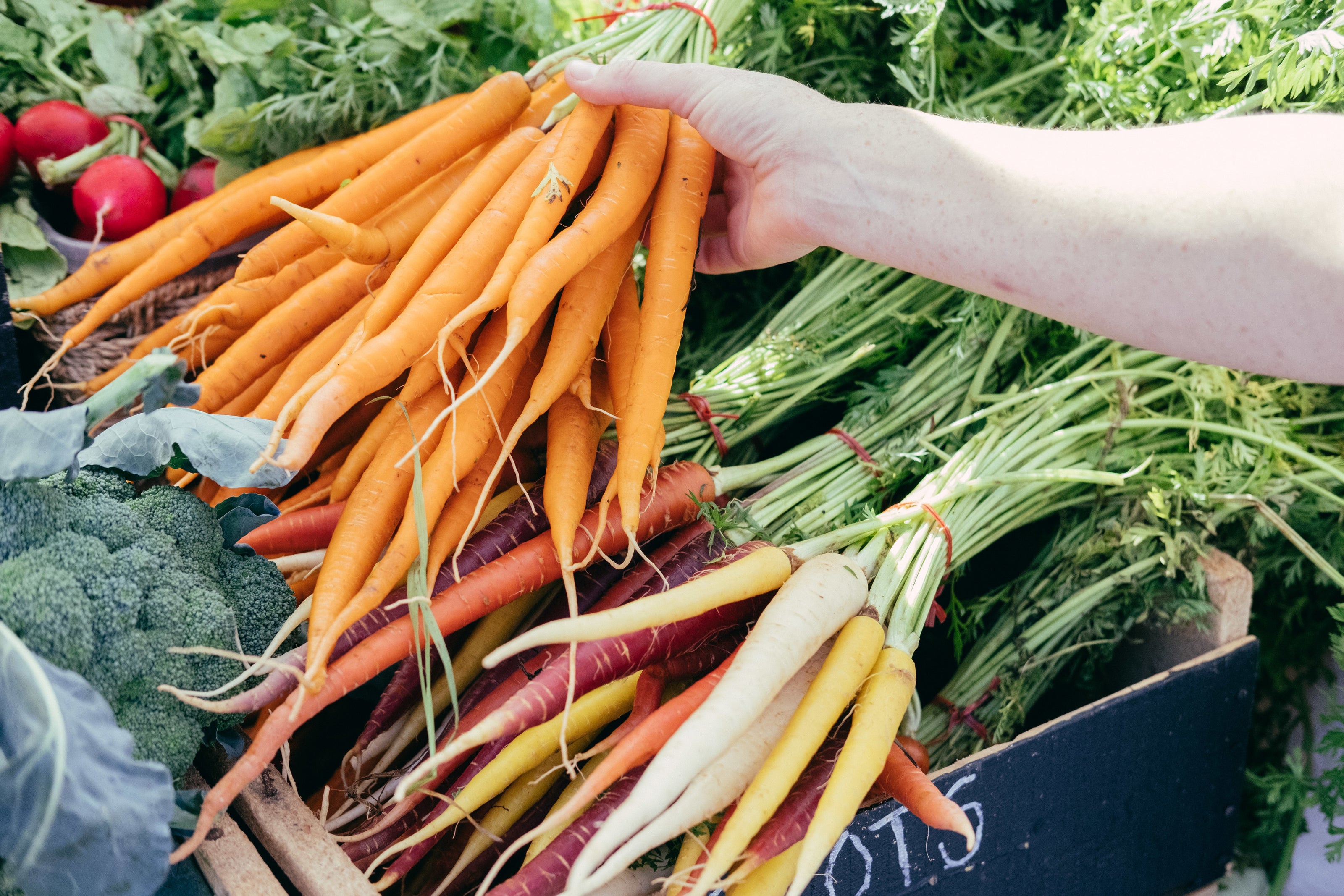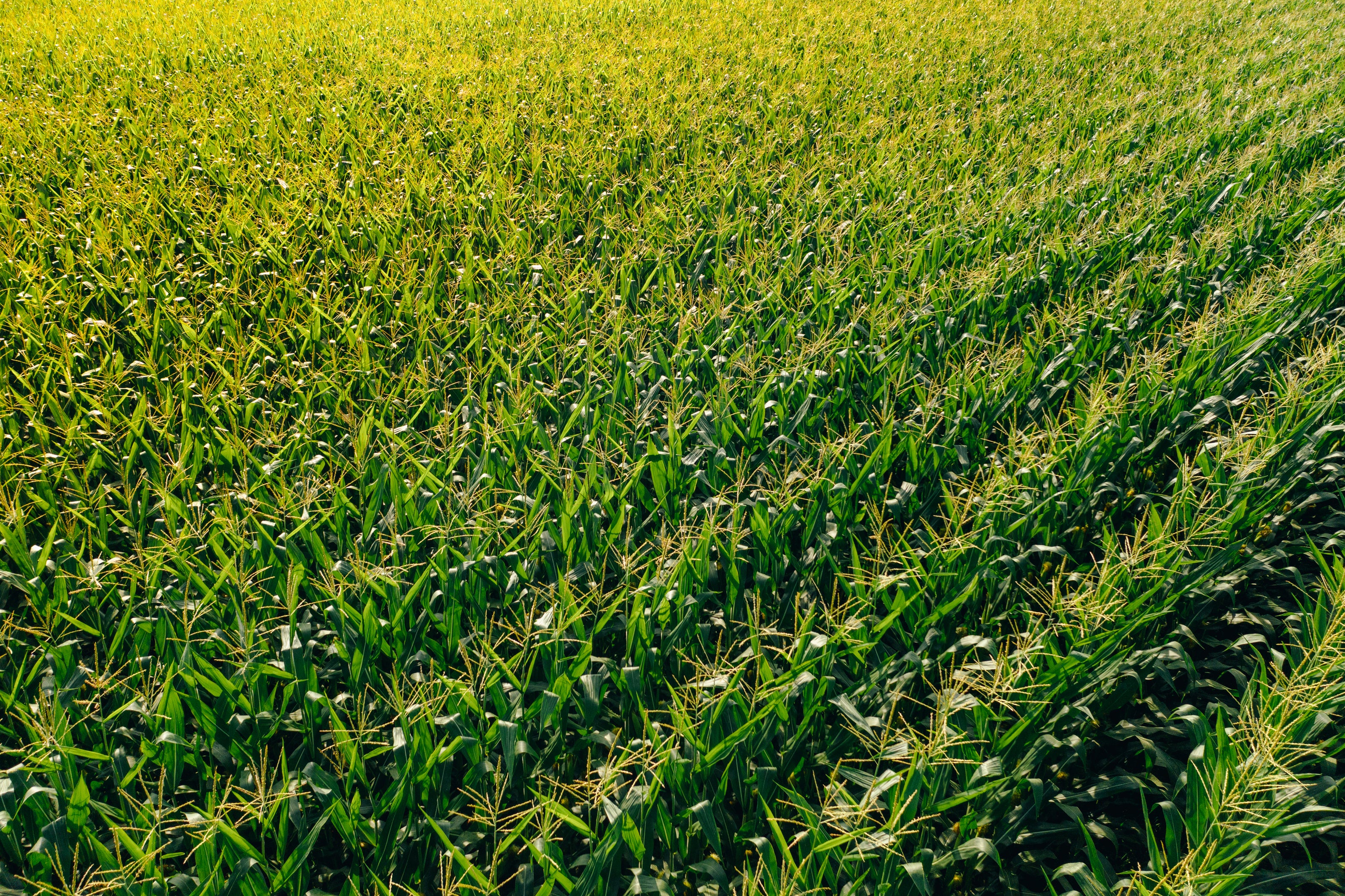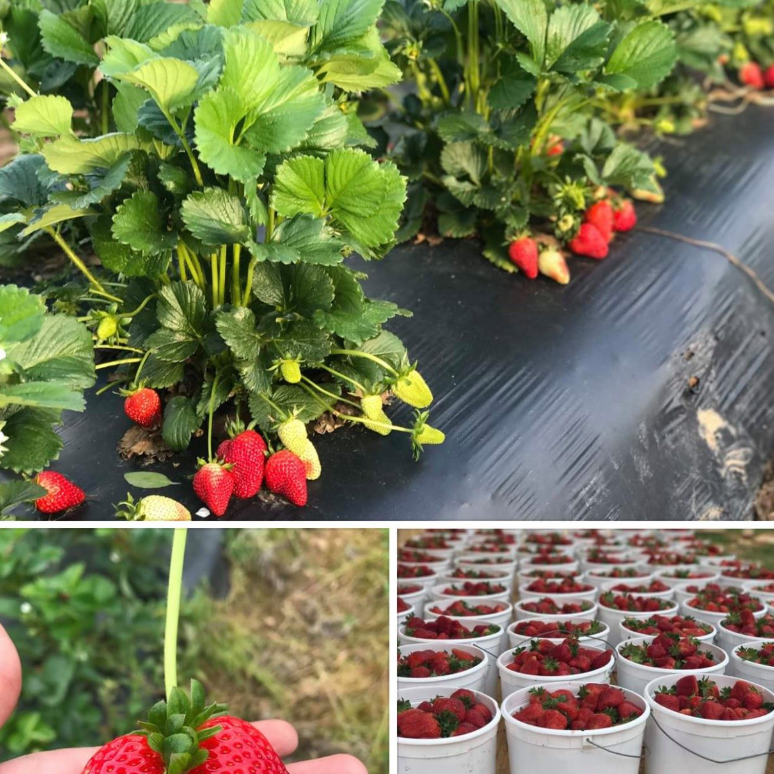
Weekly Produce box Subscription
Flower Box Subscription, U-Pick Strawberries, Produce, and Flowers.
Our Produce Subscription Boxes are full of fresh farm-direct goods that are carefully hand-selected from our farm here at Shady Pines Farm. If you wish you may substitute items.

What's in a box
Produce Subscription Box
Farm fresh vegetables and fruit. It all depends on the weekly harvest. From salad greens to corn, watermelon to tomatoes. We can put it together or you can come out and pick your own. From $54.15 a month with approved financing.

What's in a bouquet
Flower Subscription
You will receive a weekly large flower bouquet straight from our farm. We can put it together or you can come out and pick your own. From $22.56 a month with approved financing.
How Does It Work?
Customers pre pay to help out with the cost of running the farm. Then when the produce is ready you can come to the farm for pick up, to harvest your own, or to a local drop off station.



U-Pick Strawberries
U-Pick, we pick strawberry fields open from late April to June 2025
CSA
Shop Our CSA Shares
-
Flower Box Subscription
Regular price From $250.00 USDRegular priceUnit price / per$700.00 USDSale price From $250.00 USDSale -
Produce Box Subscription
Regular price From $600.00 USDRegular priceUnit price / per$700.00 USDSale price From $600.00 USDSale

At Shady Pines Farm
Our family is dedicated to cultivating nature's bounty and bringing farm-fresh goodness to your table, using organic, NON-GMO, and sustainable practices.
Let customers speak for us
from 0 reviewsWhat are sustainable farming practices?
Sustainable farming practices are methods of agriculture that prioritize environmental health, economic profitability, and social and economic equity. Here are some key practices:
Crop Rotation: This involves growing different types of crops in the same area in sequential seasons. It improves soil health, reduces pest and weed pressure, and decreases the need for chemical fertilizers and pesticides.
Cover Cropping: Planting cover crops like clover or rye during off-seasons to protect and enrich the soil. Cover crops prevent erosion, improve soil fertility, and increase water infiltration.
Conservation Tillage: Minimizing soil disturbance by reducing the frequency and intensity of tilling. This helps maintain soil structure, reduces erosion, and increases water retention.
Agroforestry: Integrating trees and shrubs into farming landscapes. This enhances biodiversity, provides habitat for wildlife, and improves soil and water quality.
Integrated Pest Management (IPM): Using a combination of biological, cultural, physical, and chemical tools to manage pests. IPM aims to reduce reliance on chemical pesticides and minimize environmental impact.
Organic Farming: Avoiding synthetic chemicals and genetically modified organisms (GMOs). Organic farming relies on natural processes and inputs, such as compost and biological pest control.
Water Management: Implementing efficient irrigation systems and practices to conserve water. Techniques like drip irrigation and rainwater harvesting help optimize water use.
Renewable Energy: Using renewable energy sources, such as solar or wind power, to reduce the farm's carbon footprint.
Sustainable Livestock Management: Ensuring humane treatment of animals, managing manure to protect water quality, and integrating livestock into the cropping system for mutual benefits.
By adopting these practices, farmers can produce food in a way that maintains ecological balance, supports communities, and ensures the viability of farming for future generations. 🌾🌍
Explanation of a CSA
A CSA, or Community Supported Agriculture, is a system that connects consumers directly with local farmers. Here's how it works:
Subscription Model: Consumers purchase a “share” or subscription at the start of the growing season. This entitles them to a portion of the farm’s produce throughout the season.
Fresh, Local Produce: Subscribers receive a regular delivery or pick-up of fresh, seasonal produce, which often includes vegetables, fruits, and sometimes other farm products like eggs or flowers.
Support for Farmers: This model provides farmers with upfront funds to cover the costs of planting and harvesting. It also helps them plan their crops more effectively since they have a committed group of consumers.
Community Building: CSA fosters a closer relationship between consumers and the farmers who grow their food. It often includes farm visits, newsletters, and sometimes events or volunteer opportunities.
So, it’s a win-win: fresh, often organic produce for consumers and financial stability for local farmers! 🌾🥦
What are the environmental benefits?
Participating in a CSA comes with a slew of environmental benefits. Here's a rundown:
Reduced Carbon Footprint: By sourcing food locally, you cut down on the miles it travels from farm to table, significantly reducing greenhouse gas emissions from transportation.
Sustainable Farming Practices: Many CSA farms practice organic or sustainable farming, which minimizes the use of chemical pesticides and fertilizers that can harm soil and water quality.
Biodiversity: CSA farms often grow a variety of crops, promoting biodiversity. This helps create healthier ecosystems and can reduce the risk of pest outbreaks.
Soil Health: Sustainable farming practices like crop rotation and cover cropping used by many CSA farms enhance soil health, which can improve water retention and reduce erosion.
Waste Reduction: With direct sales to consumers, CSAs can better manage their inventory, reducing food waste. Consumers also get fresh, in-season produce, which often lasts longer.
Conservation of Resources: Smaller, diversified farms typically use less water and energy compared to large-scale industrial farming operations.
Supporting CSAs isn't just about getting fresh, local produce; it's also a powerful way to contribute to a healthier environment! 🌱🌎
Featured products
-
Flower Box Subscription
Regular price From $250.00 USDRegular priceUnit price / per$700.00 USDSale price From $250.00 USDSale -
Produce Box Subscription
Regular price From $600.00 USDRegular priceUnit price / per$700.00 USDSale price From $600.00 USDSale
Pickup and Delivery
WHERE CAN I PICK UP MY BOX?
Currently we offer pickup at our Tyler farm store location, the Farmers Market @ The Shed in Dallas, The Clearfork Farmers Market in Ft Worth, The Texarkana Farmers market, The Houston Farmers Market, Shreveport farmers market or have it delivered directly to your home with a with an added fee.
We also have several community stops you are welcome to pick up at!
DO YOU OFFER HOME DELIVERY IN MY AREA?
We offer home delivery to most area zip codes, please call to discuss delivery options for your area.
CAN THE CSA BOXES BE DELIVERED TO MY AREA?
Any new delivery locations can be added but we require a minimum of 6 to 8 customers to sign up for the new location. Invite your friends and family!
CAN THE PRODUCE BOXES BE DELIVERED TO MY OFFICE?
Of course! We require 6 to 8 customers to sign up for a new location. Contact us for a handy CSA sheet you can share with your coworkers!
HOW DO I CHANGE MY PICKUP LOCATION?
If you would like to change the pickup location for the deliveries shown please call or email the farm.
WHAT HAPPENS IF I CANNOT PICK UP MY BOX?
If you contact our office at least 48 hours prior to your delivery day, we can arrange for a pick-up at an alternate community pick up site during the same week. Alternatively, you can call our office to donate your share.
LATE OR MISSED PICK-UP POLICY
Since produce is perishable, we ask the CSA site host to donate any vegetable boxes left after the pickup time window closes. Unfortunately, we do not give replacement boxes if you are late or miss a pickup. You can change your schedule by emailing or calling us before the end of business day Friday the week before your delivery day.
Questions OR Comments 903-991-0653 or email us at INFO@SHADYPINES.FARM


